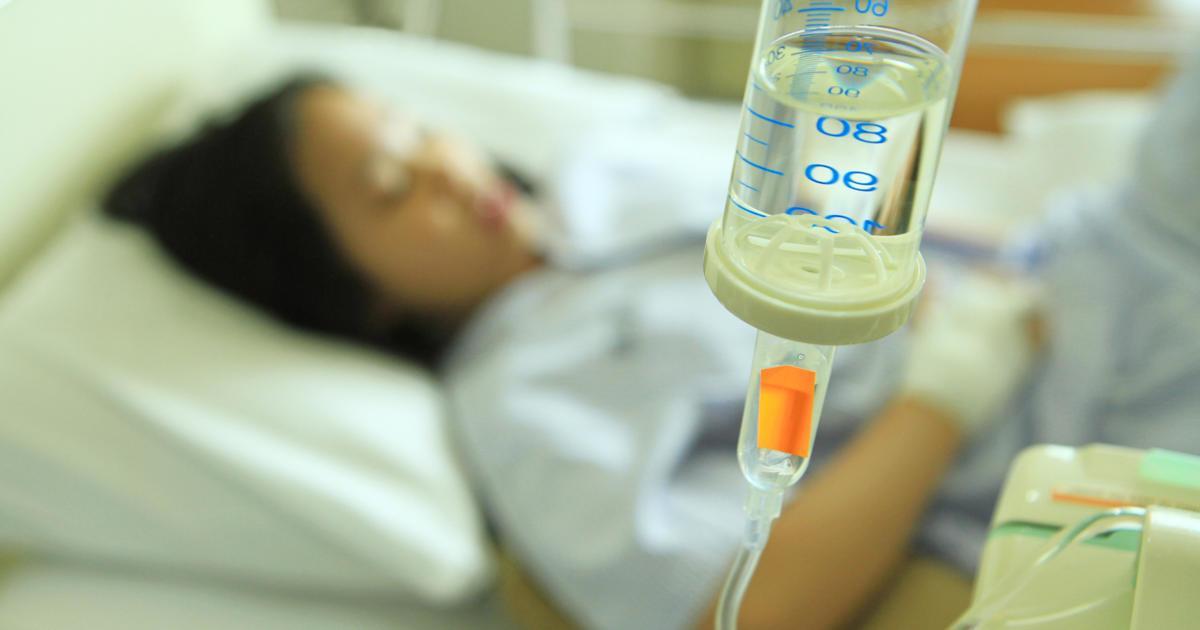Common Causes Of A Biotin Deficiency
Biotin is part of the vitamin B family. It is part of the vitamins responsible for breaking down food and converting it to energy. Biotin is primarily responsible for skin, nail, and hair health. Additionally, it helps regulate blood sugar and bad cholesterol. Biotin is not produced by the body, but by the bacteria in the gut, and does not spend a long time in the body. Biotin is found in a lot of foods, so it is not common to find someone with a biotin deficiency. Some signs of a deficiency include dry skin, dry eyes, red rashes, hair loss, muscle pain, fatigues, and many other general symptoms. Because of the generality of the symptoms, it can be misdiagnosed. It is important for doctors to run some bloodwork to see if patients are deficient in biotin or if their symptoms are due to another condition.
There are several causes of a biotin deficiency. Reveal them now!
Biotinidase Deficiency
Biotinidase deficiency is a rare, genetic disease that results in the body not properly processing biotin. It is the result of a mutation of the BTD gene. Since biotin is essential in the metabolic process, it causes problems with various bodily systems when it is not processed properly. Since it is a genetic disorder, biotinidase deficiency can be seen shortly after birth by some symptoms, including widespread skin rash, poor muscle tone, and hair loss. The primary treatment for a biotin deficiency because of this genetic mutation is oral biotin supplements to replace what the body should have been able to process. It is possible someone with this disorder will have to take the biotin for their entire life. With proper treatment, the symptoms should dissipate and go away. Additionally, patients might be able to find clinical studies on biotinidase deficiency and be eligible for participation.
Learn about more causes of a biotin deficiency now.
Intravenous Feeding

Intravenous feeding can lead to biotin deficiency because the patient is not getting the necessary nutrients and foods that naturally contain the vitamin. This kind of feeding is used when the patient's digestive tract cannot properly absorb nutrients, or they are not capable of eating solid foods on their own. Then, the nutrition is given to them through their veins. To eliminate this side effect of intravenous feeding, vitamin supplements including biotin should be given to the patient until they can eat solid food again. Without a supplement, patients might present with some, probably more than one, of the symptoms associated with a biotin deficiency. When that happens, it could compromise their health and lead to complications. Therefore, the vitamin levels need to be checked routinely and adjustments made based on the results of such blood tests.
Continue reading for more information about what causes a biotin deficiency now.
